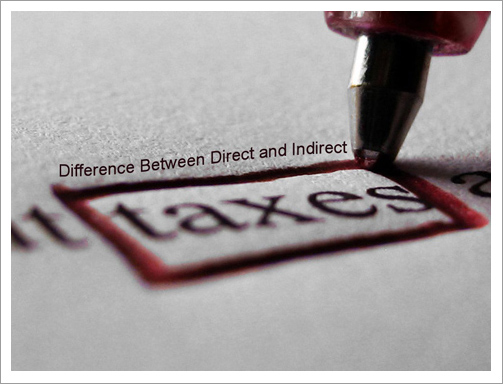 Inexpensive tobacco products increase the rates of tobacco use, particularly among young adults and minors. Tobacco manufacturers exploit the appeal of these products by using coupons and other price-related incentives to market them. In response, many states have raised excise taxes on cigarettes and other tobacco products to increase their prices and make these products less attractive to consumers.
Inexpensive tobacco products increase the rates of tobacco use, particularly among young adults and minors. Tobacco manufacturers exploit the appeal of these products by using coupons and other price-related incentives to market them. In response, many states have raised excise taxes on cigarettes and other tobacco products to increase their prices and make these products less attractive to consumers.
Raising tobacco taxes has proven to be the most effective way to decrease tobacco use in the U.S. Through price-related marketing strategies, tobacco manufacturers can exploit the price sensitivity of users and potential users, as well as dampen the effects of tobacco taxes. These strategies often promote the sales of specific brands, sales in specific geographic locations and sales among particular groups of people. For this reason, state and local governments may wish to consider other price-related regulations in addition to taxes.
States and localities have broad legal authority to regulate the distribution of tobacco products, which includes the regulation of price-related marketing strategies.
Tobacco products are the most heavily taxed consumer goods in the world, with taxes often exceeding half of the retail price, generating more than $400 billion dollars in tax revenues for governments every year (including China and the USA). Federal, state and local governments.
collect more money from the sale of cigarettes than retailers, wholesalers, farmers and manufacturers combined.
Governments use tobacco taxes to achieve multiple objectives. Excise taxes and other fiscal measures are used by governments to generate revenue. Fiscal measures can also help to further public health objectives by reducing tobacco consumption.
In general, governments levy three types of tax on tobacco:
• Excise tax—a selective consumption tax, usually applied to alcohol, tobacco, and fuels, and in some countries to a wider range of products such as soft drinks, coffee, and tea.
• Customs duties, which apply to imported goods only.
• Value-added tax (VAT) or general sales tax (GST) — a general consumption tax that applies to all goods and services.
Cigarette excise taxes can be structured in different ways. Some countries, such as Australia, South Africa, and Norway, levy a 'specific' tax, which is a monetary amount per cigarette. Other countries, such as Thailand, Paraguay, Venezuela, and Morocco, levy an 'ad valorem' tax, which is calculated as a proportion of the price. These tax systems are known as 'single tier' systems, because all cigarettes are subject to a single tax rate (either specific or ad valorem).
Many countries have introduced systems that are more complicated. Quite common are the so-called 'multi-tiered' systems, which divide cigarettes into a number of categories (for instance based on retail price, the length of the cigarettes, or the packaging type), establishing a different tax rate for each category.
'Mixed' tax systems are also common. They combine a specific and an ad valorem component. All European Union countries must adopt mixed tax systems. Countries outside the EU with mixed tax systems include Switzerland, Russia, Ukraine, and Mexico. Many countries with ad valorem or mixed structures also apply a 'minimum excise tax,' which guarantees a minimum tax amount per cigarette, irrespective of the tax structure adopted.
Different tax structures can result in large differences in cigarette price levels within each country and between different countries. Under a specific tax system, for instance, all cigarettes in a country pay the same tax amount. With an ad valorem system, on the other hand, low-priced cigarettes pay less excise tax compared to premium (higher quality and priced) cigarettes, which drives larger price differences.
Tobacco products other than cigarettes (cigars, cigarillos, fine-cut tobacco for the hand-rolling of cigarettes, pipe tobacco, snus, chewing tobacco, and so on) are subject to excise taxes in most (but not all) countries. However, most countries tax these other tobacco products at much lower tax levels compared to manufactured cigarettes.
Black market tobacco is a major and growing problem around the world. Different sources estimate the size of the illicit tobacco trade between 10% and 12% of the global cigarette market (approximately 600-650 billion cigarettes which is comparable to the size of the entire EU legal market).